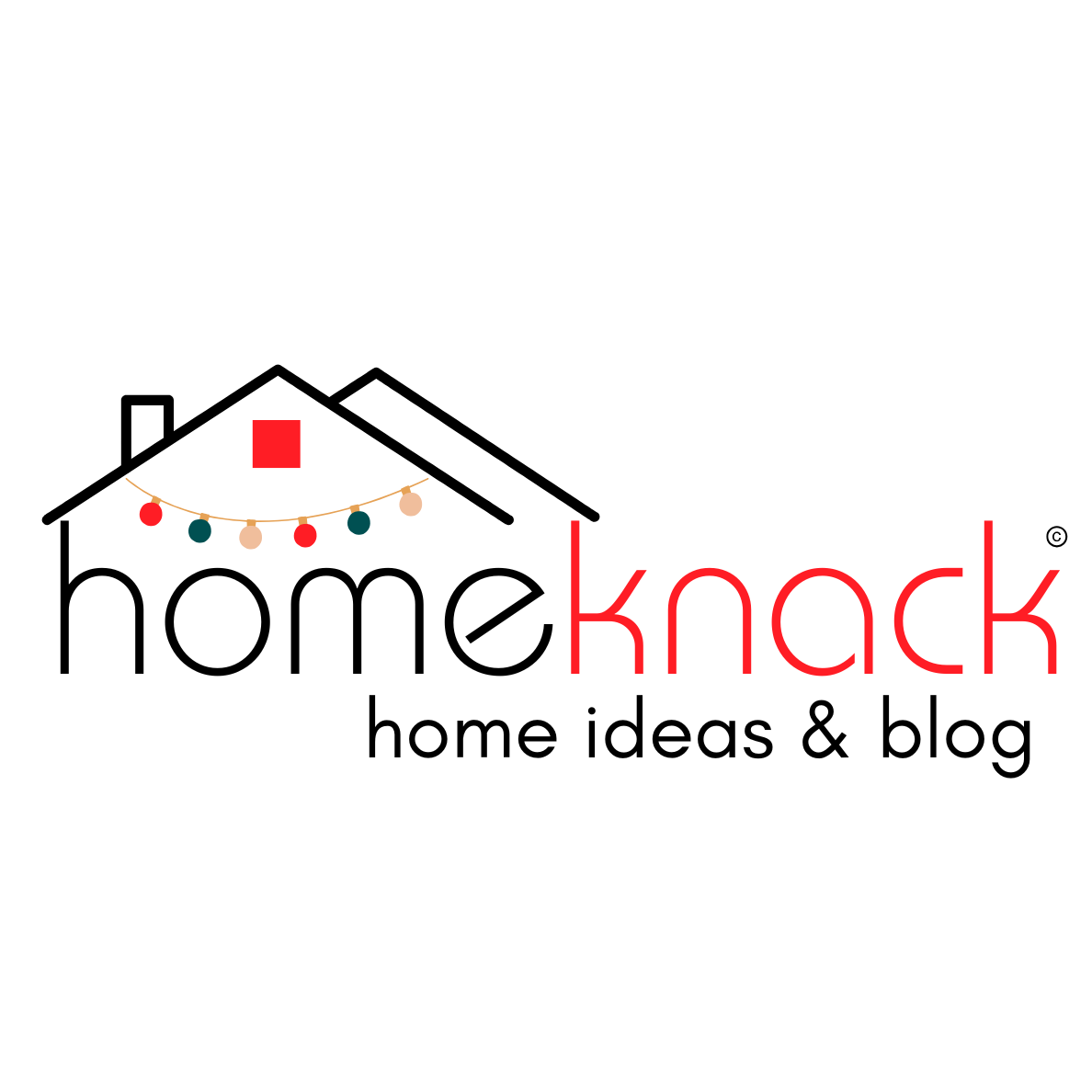1. "The Ultimate Guide to Finding the Best Cookware for Home Use"
- homeknack.com

- Feb 3, 2024
- 3 min read

The Ultimate Guide to Choosing the Best Cookware for Your Home Kitchen
Creating a functional and efficient home kitchen goes beyond selecting the freshest ingredients or honing your culinary skills. The foundation of great cooking lies in choosing the right cookware, which can significantly influence the taste, texture, and nutritional value of your food. With the myriad of options available, selecting the best cookware types for your kitchen can be a daunting task. This guide is designed to help you navigate the vast world of cookware and make informed decisions that suit your cooking style and needs.
1. Stainless Steel: The Versatile Performer
Pros: Stainless steel cookware is prized for its durability, resistance to rust and corrosion, and non-reactive surface, making it ideal for cooking a wide variety of dishes. It's also dishwasher-safe, making cleanup a breeze.
Cons: It's not the best conductor of heat unless it has an aluminum or copper core.
Best For: Searing meats, boiling pasta, and simmering sauces. Opt for stainless steel with an aluminum or copper core or bottom for an even heat distribution.
2. Cast Iron: The Rustic Classic
Pros: Known for its excellent heat retention and distribution, cast iron cookware is perfect for high-heat cooking techniques like searing and frying. When seasoned properly, it offers a naturally non-stick surface.
Cons: It's heavy and requires regular seasoning to maintain its non-stick properties and prevent rust.
Best For: Frying, baking (like cornbread or pies), and stovetop-to-oven dishes. Ideal for those who appreciate a traditional approach to cooking and are willing to invest time in care.
3. Non-Stick: The Convenient Choice
Pros: Non-stick cookware requires less oil for cooking, making it a healthier option. It's also incredibly easy to clean.
Cons: The non-stick coating can deteriorate over time, especially if used at high temperatures or with metal utensils.
Best For: Cooking eggs, pancakes, and other delicate dishes that are prone to sticking. Perfect for quick, low-fat cooking and convenient cleanup.
4. Copper: The Professional's Choice
Pros: Copper cookware offers superior heat conductivity, allowing for precise temperature control. It's also aesthetically pleasing.
Cons: Copper can react with acidic foods, altering the flavor of your dish. It requires regular polishing to maintain its luster and often comes with a higher price tag.
Best For: Melting sugar, cooking jams, and precise simmering. An excellent choice for experienced cooks looking for professional-grade cookware.
5. Ceramic: The Eco-Friendly Option
Pros: Ceramic cookware is made from natural materials and often features a non-stick surface without the chemicals used in traditional non-stick coatings. It's also lightweight and comes in various colors.
Cons: It can be less durable than other materials and prone to chipping or cracking.
Best For: Slow cooking and baking. Suitable for those seeking a healthier, environmentally friendly cookware option.
Tips for Choosing the Right Cookware
Consider Your Cooking Style: Match your cookware to the types of dishes you most frequently prepare.
Think About Care and Maintenance: Choose cookware you're willing to maintain, whether that means regular seasoning or hand washing.
Invest in Quality: While quality cookware may come with a higher upfront cost, its durability and performance can make it more cost-effective in the long run.
Conclusion
The best cookware for your home kitchen ultimately depends on your cooking habits, dietary preferences, and the level of care you're willing to invest in maintenance. Whether you opt for the durability of stainless steel, the heat efficiency of copper, the traditional charm of cast iron, the convenience of non-stick, or the eco-friendliness of ceramic, the right cookware can elevate your cooking experience. By understanding the pros and cons of each type, you can create a versatile and functional cookware collection that will serve you well for years to come. Happy cooking!
















Comments